
When journals learn papers are problematic, how long does it take them to act?
We recently had a chance to find out as part of our continuing coverage of the case of Anil Jaiswal at the University of Maryland, who’s retracted 15 papers (including two new ones we recently identified), and has transitioned out of cancer research. Here’s what happened.
As part of a public records request related to the investigation, we received letters that the University of Maryland sent to 11 journals regarding 26 “compromised” papers co-authored by Jaiswal, four of which had been retracted by the time of the letter. The letters were dated between August and September 2016 (and one in February) — although, in some cases, the journals told us they received the letter later. Since that date, three journals have retracted nine papers and corrected another, waiting between four and six months to take action. One journal published an editorial note of concern within approximately two months after the university letter.
And six journals have not taken any public action.

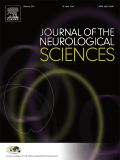
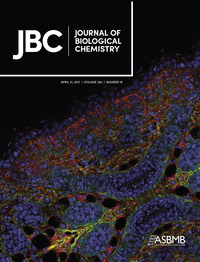



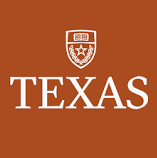 A scientist has
A scientist has 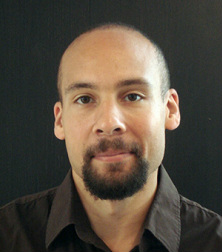
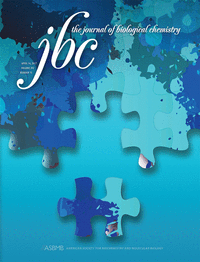 A biology society is hiring three editors to screen images in submissions to its journal, Journal of Biological Chemistry — which we think is a great idea.
A biology society is hiring three editors to screen images in submissions to its journal, Journal of Biological Chemistry — which we think is a great idea.